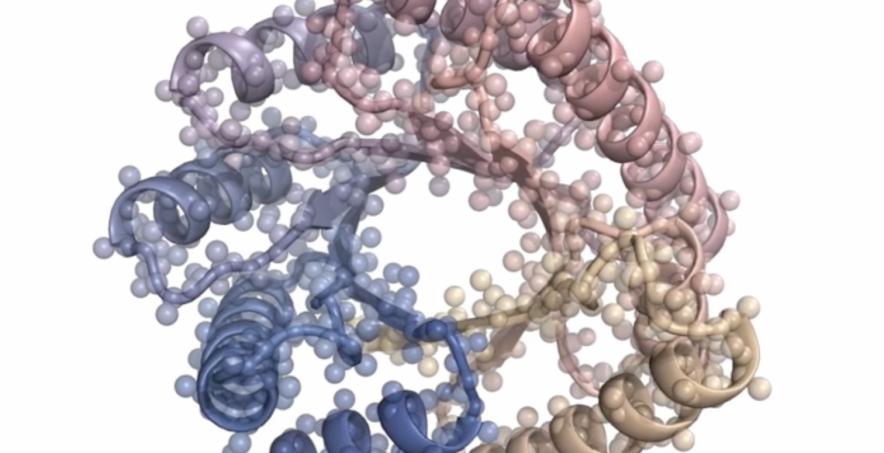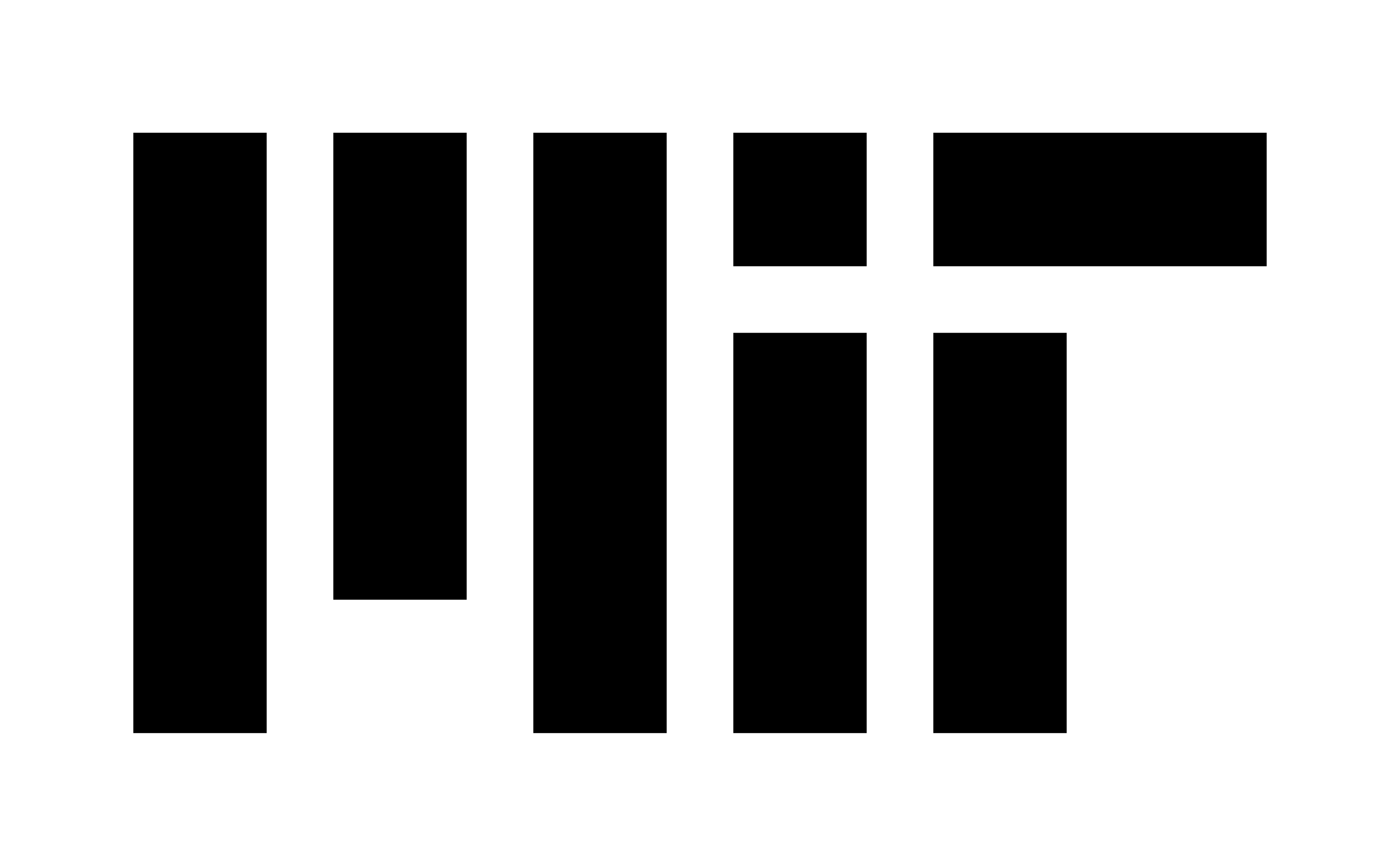How Hallucinatory A.I. Helps Science Dream Up Big Breakthroughs
Artificial intelligence often gets criticized because it makes up information that appears to be factual, known as hallucinations. The plausible fakes have roiled not only chatbot sessions but lawsuits and medical records. For a time last year, a patently false claim from a new Google chatbot helped drive down the company’s market value by an estimated $100 billion.In the universe of science, however, innovators are finding that A.I. hallucinations can be remarkably useful. The smart machines, it turns out, are dreaming up riots of unrealities that help scientists track cancer, design drugs, invent medical devices, uncover weather phenomena and even win the Nobel Prize.


